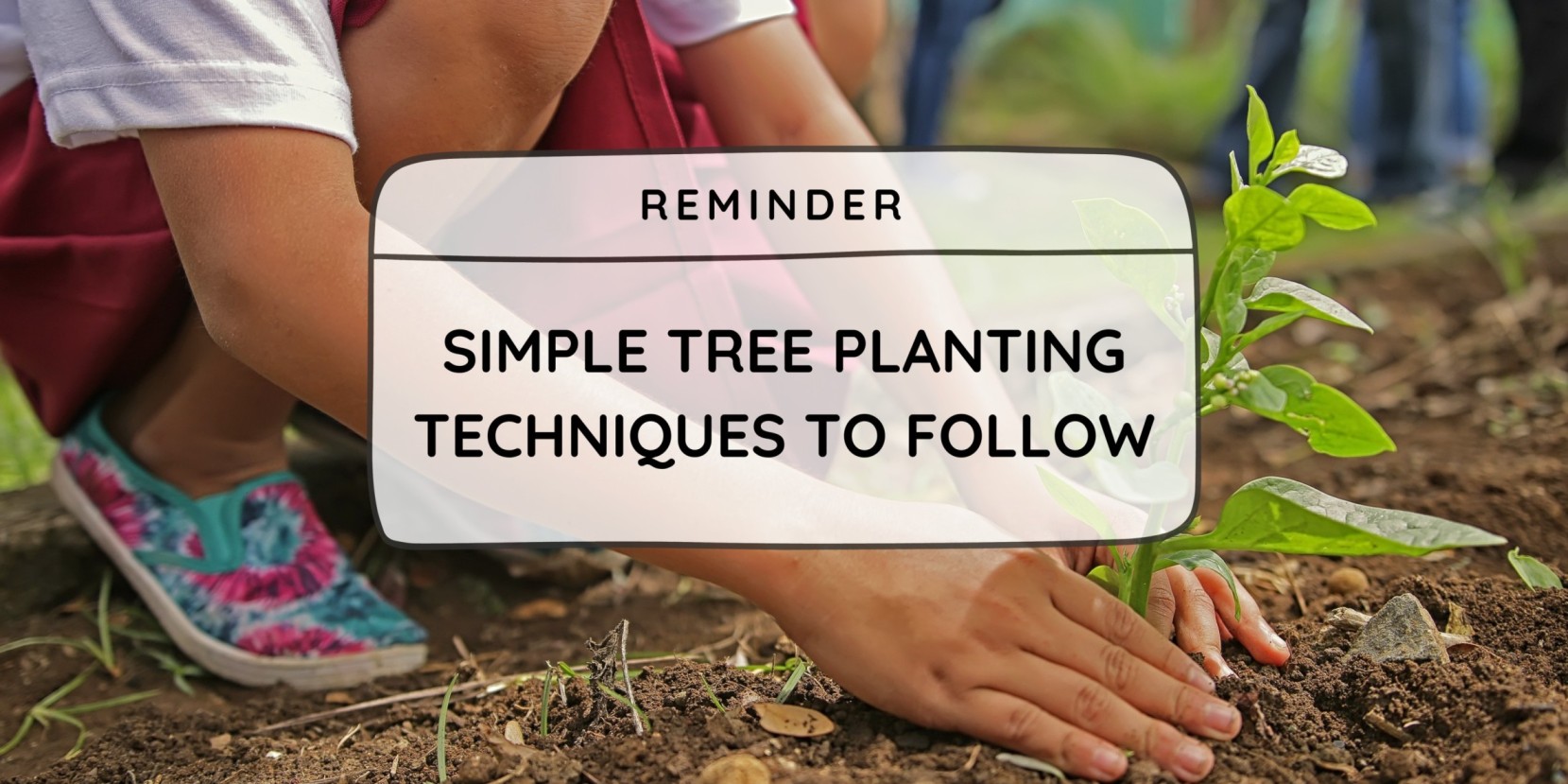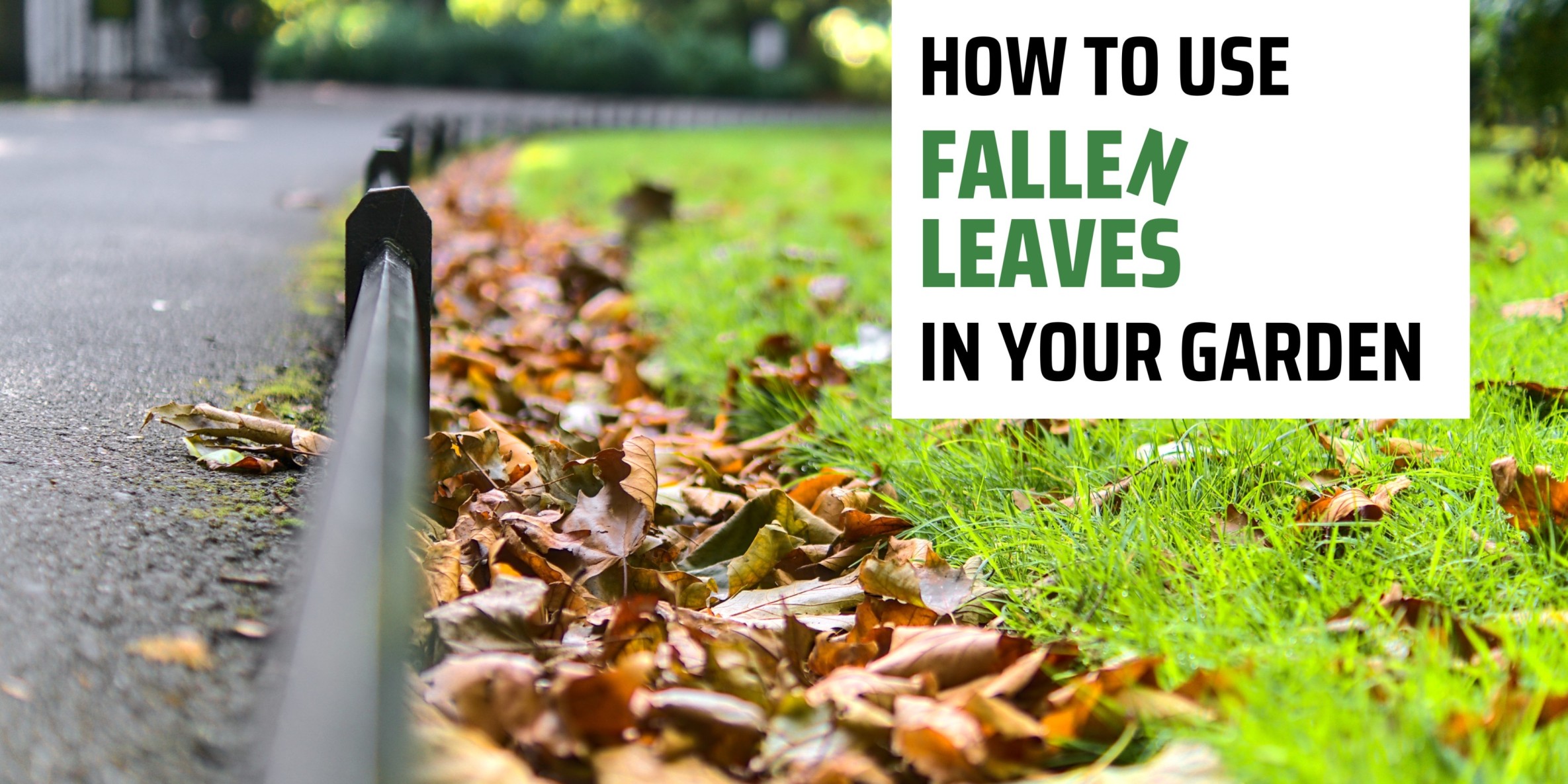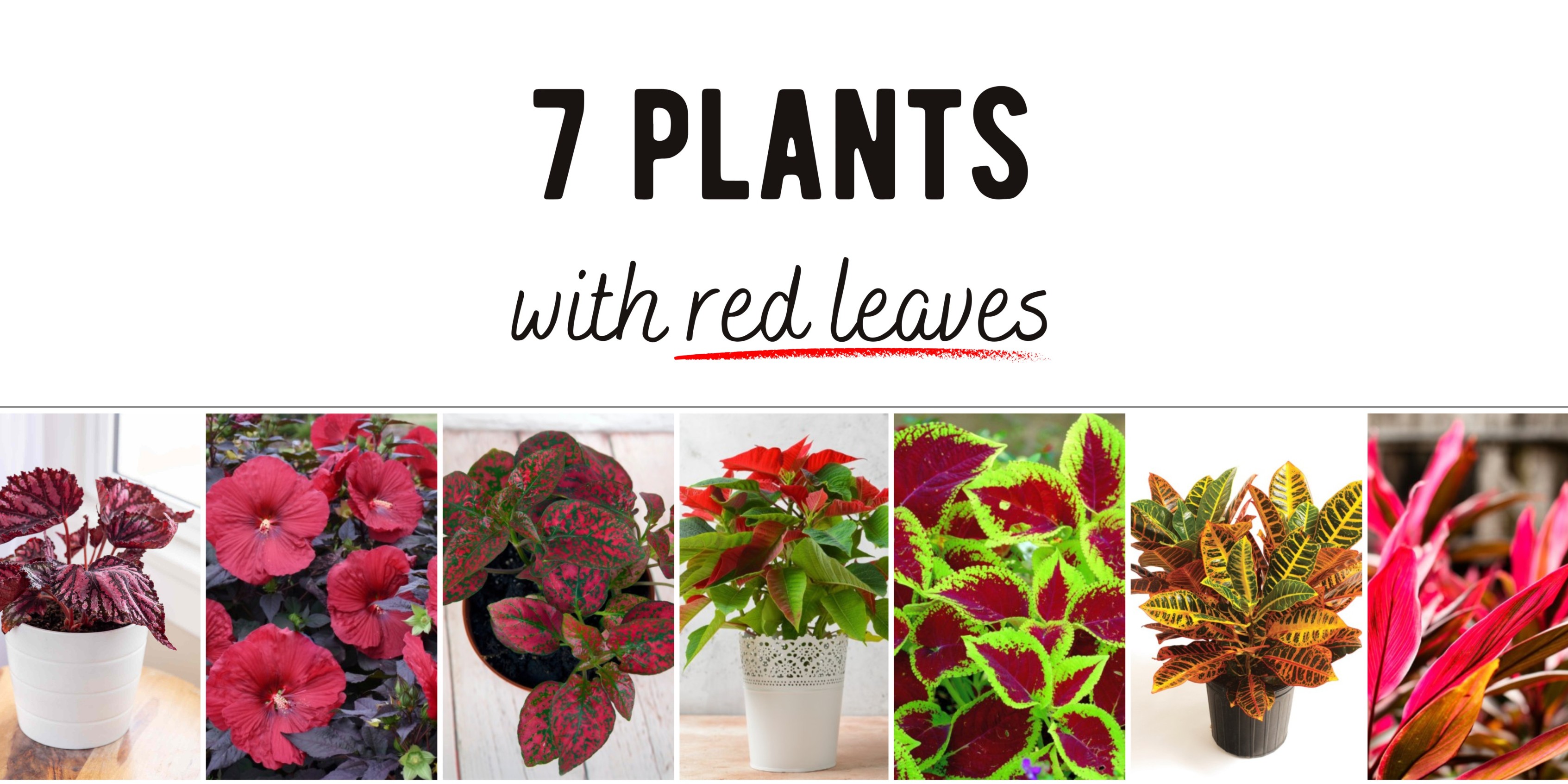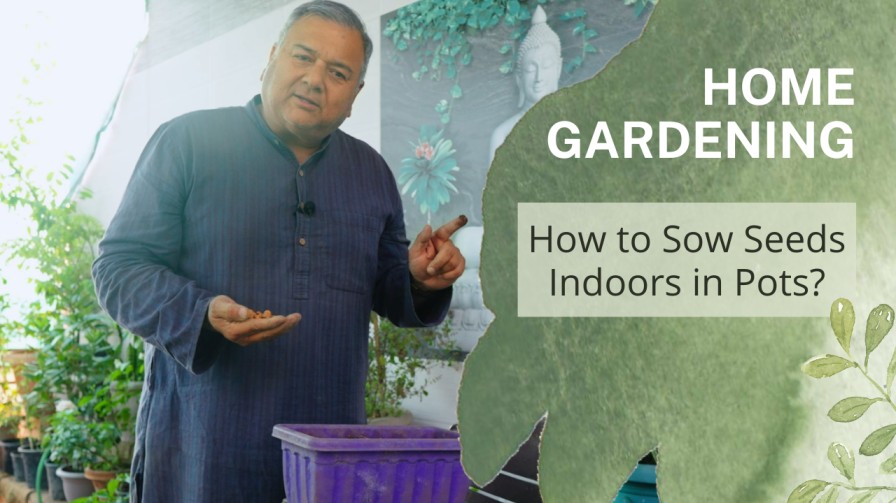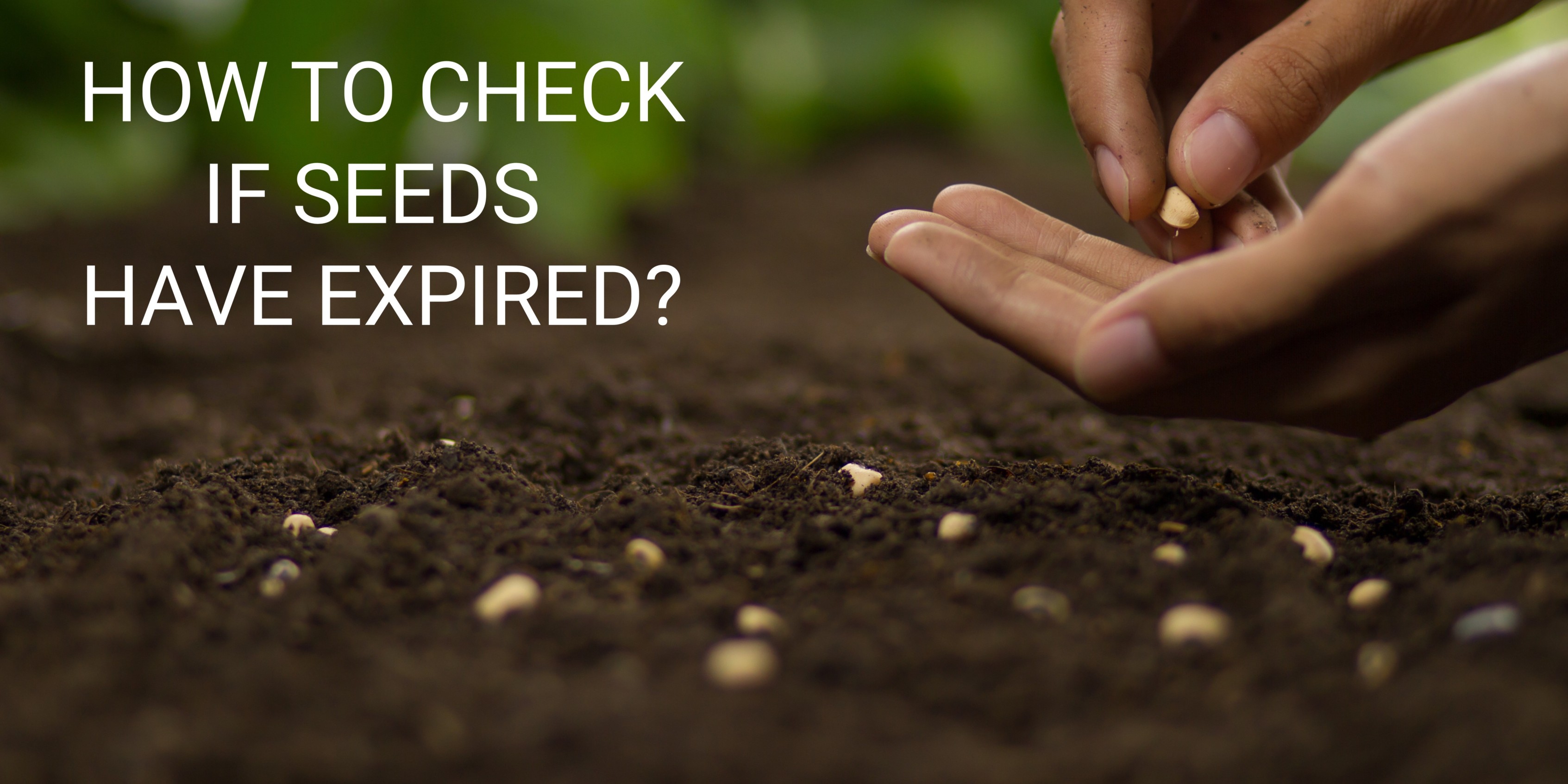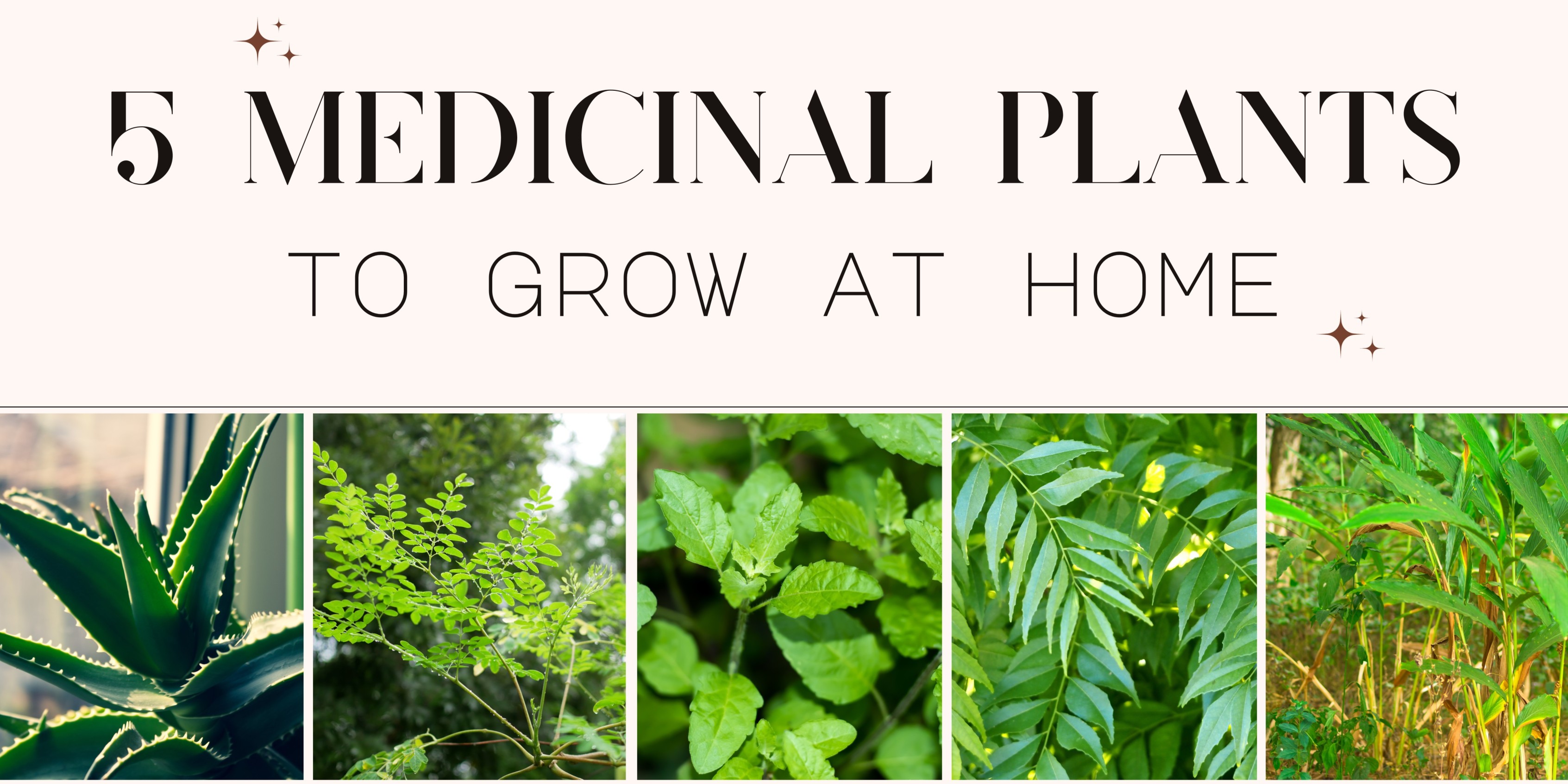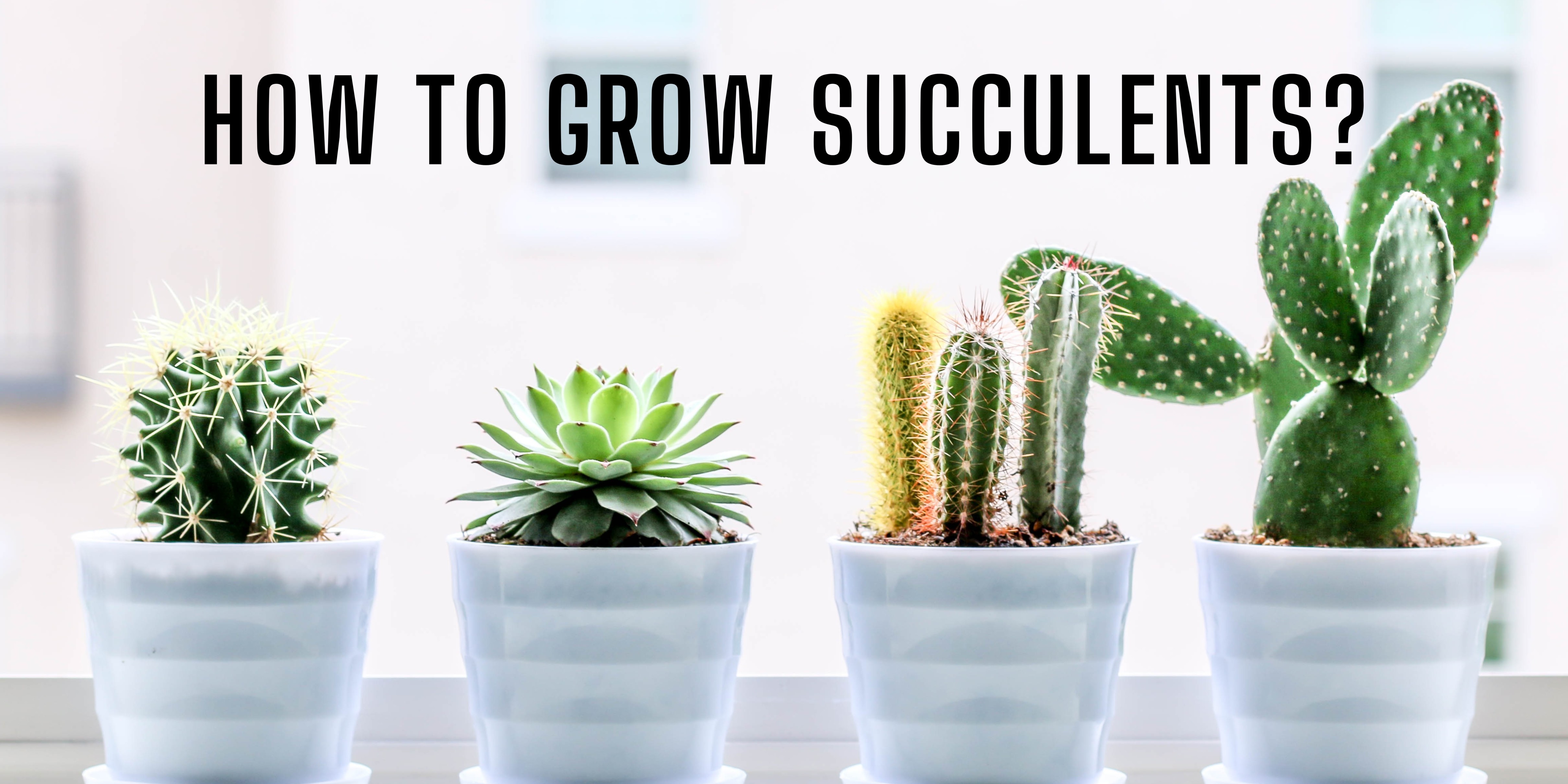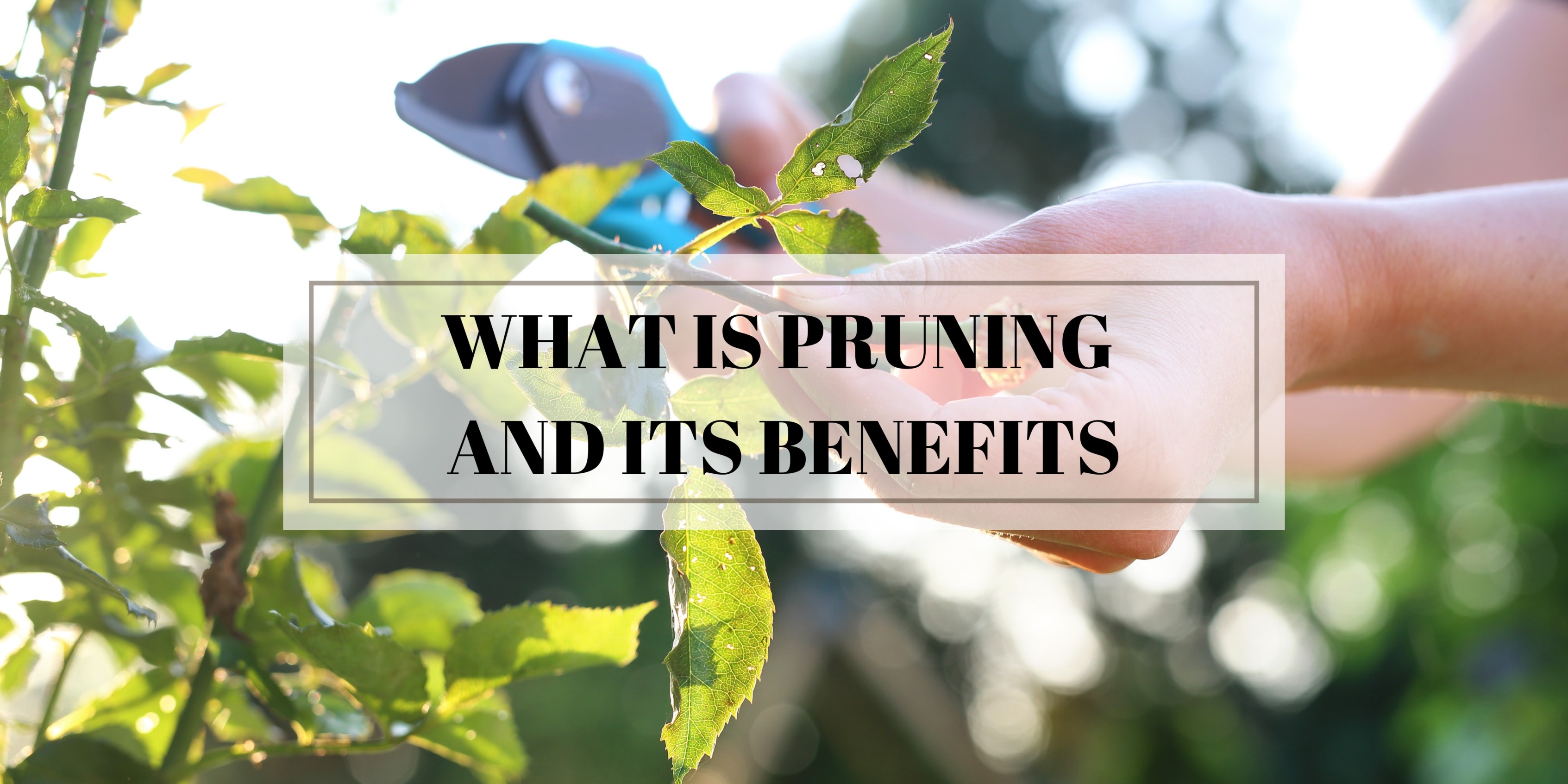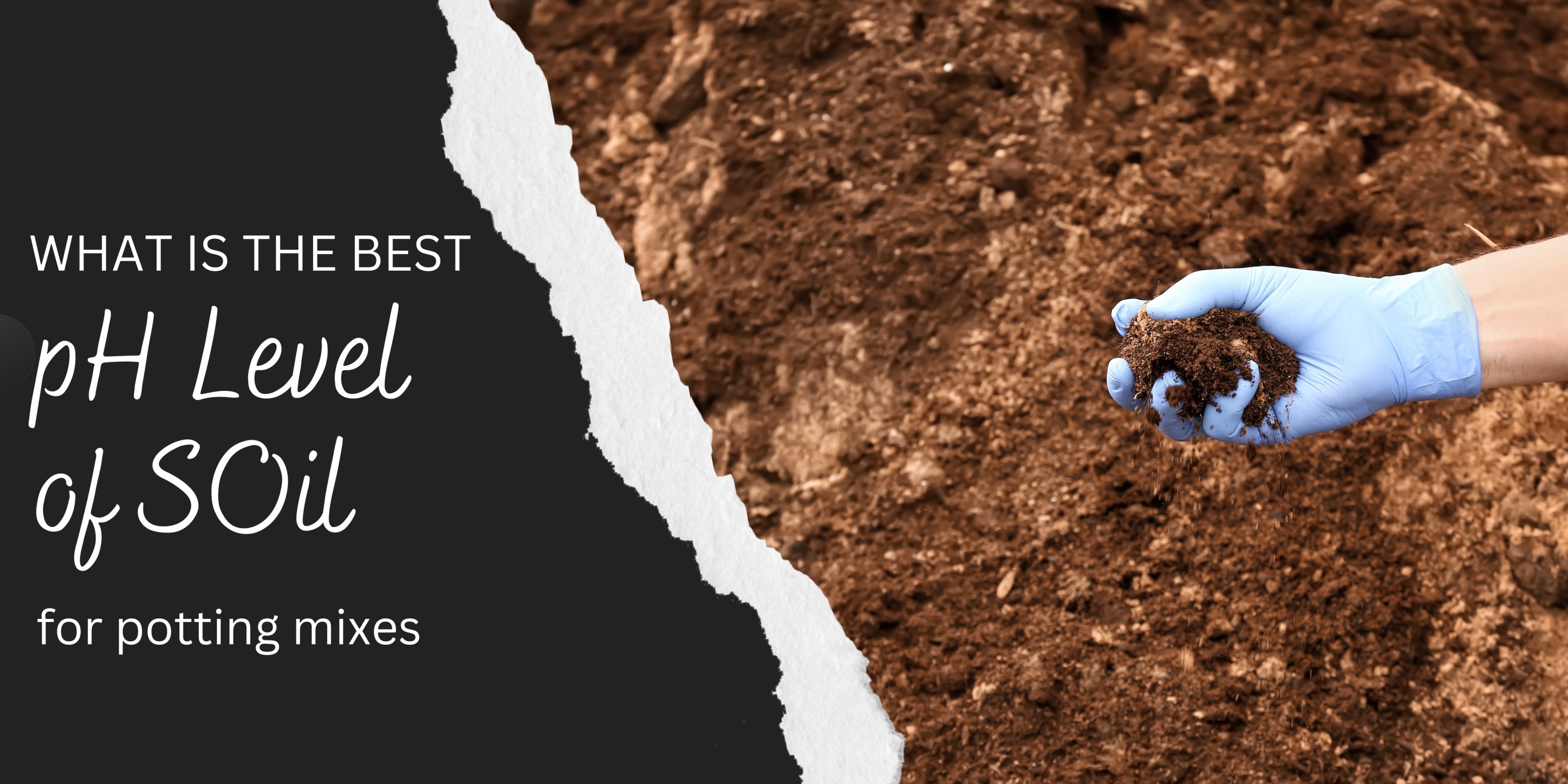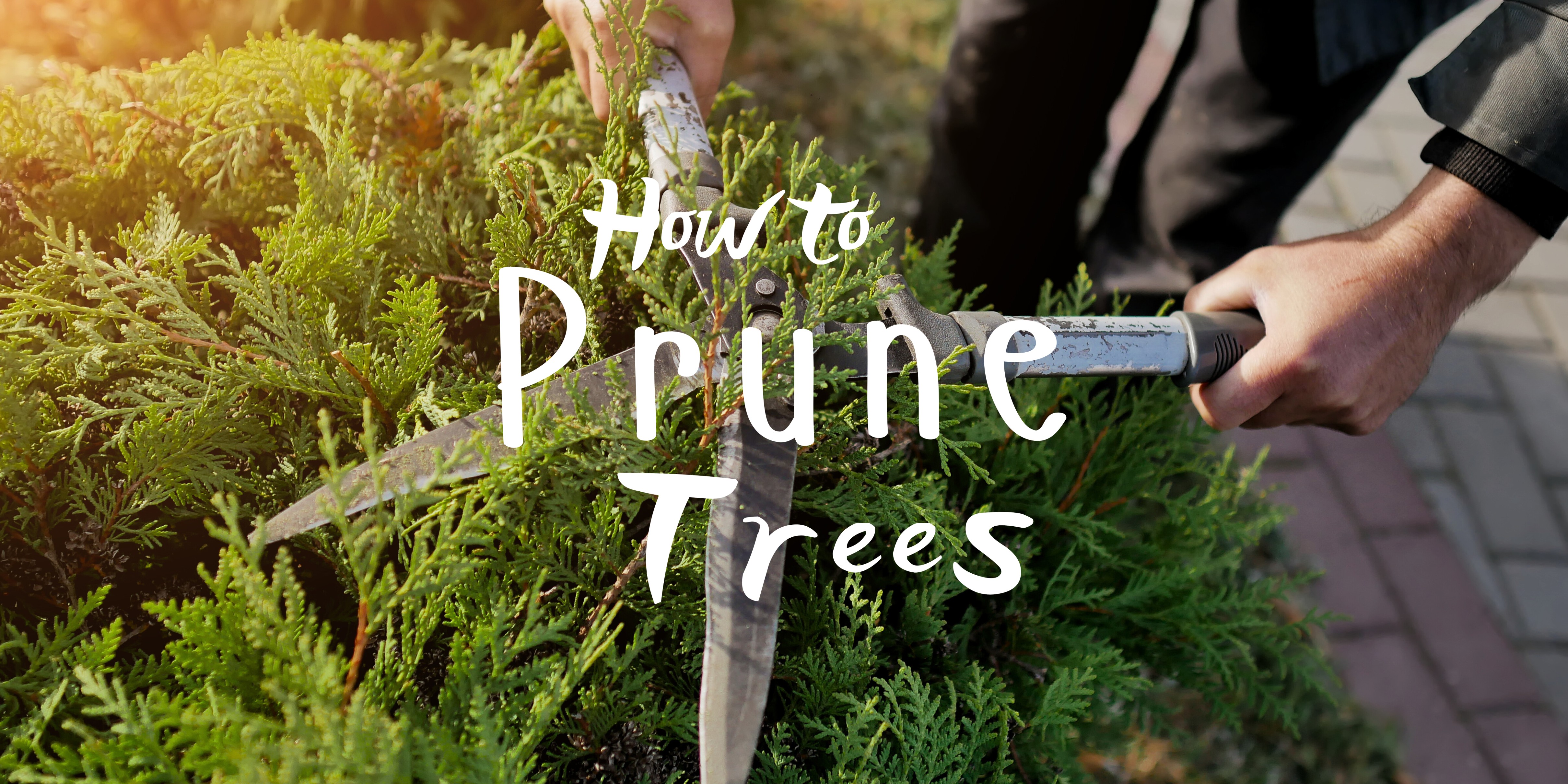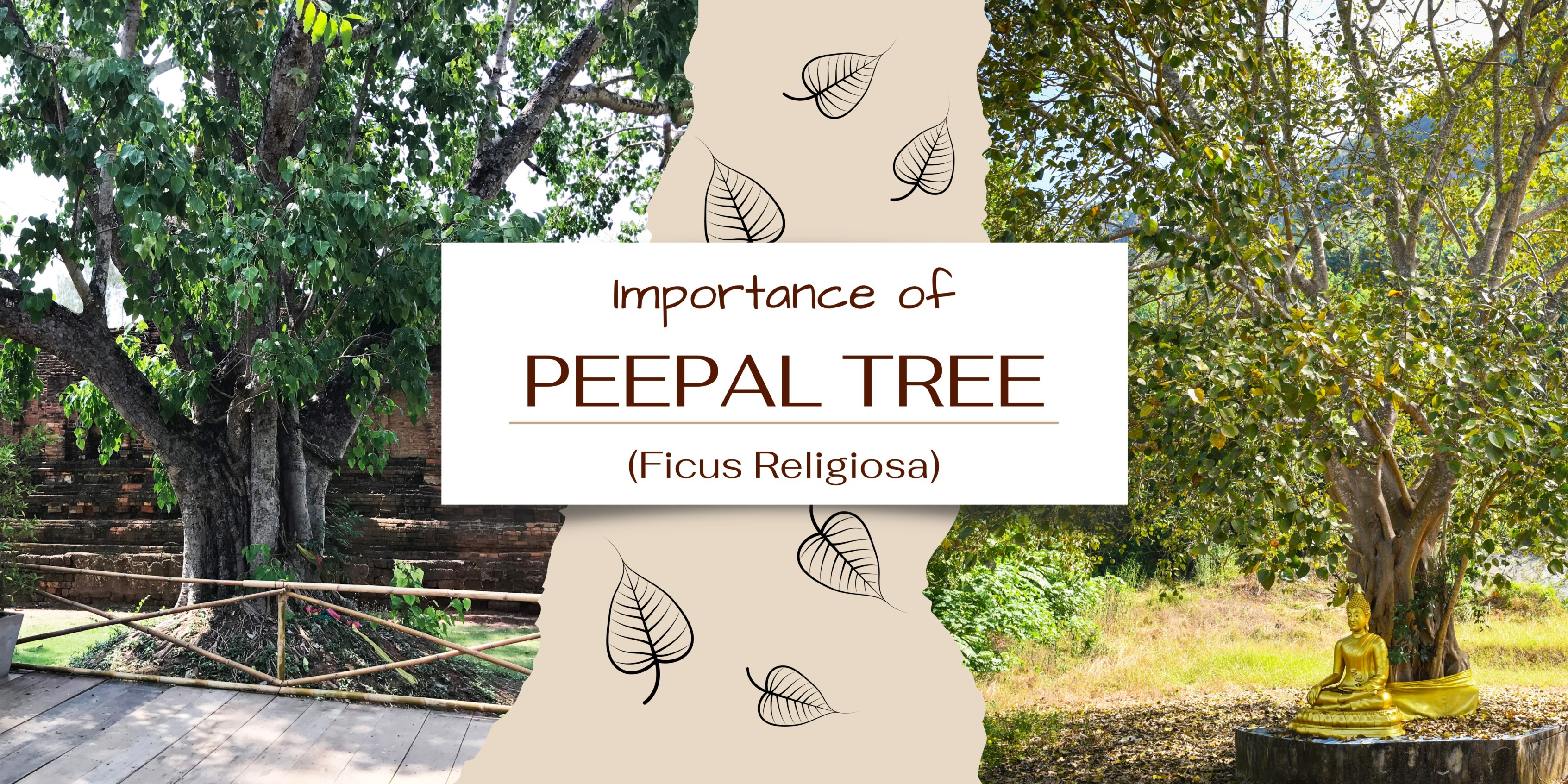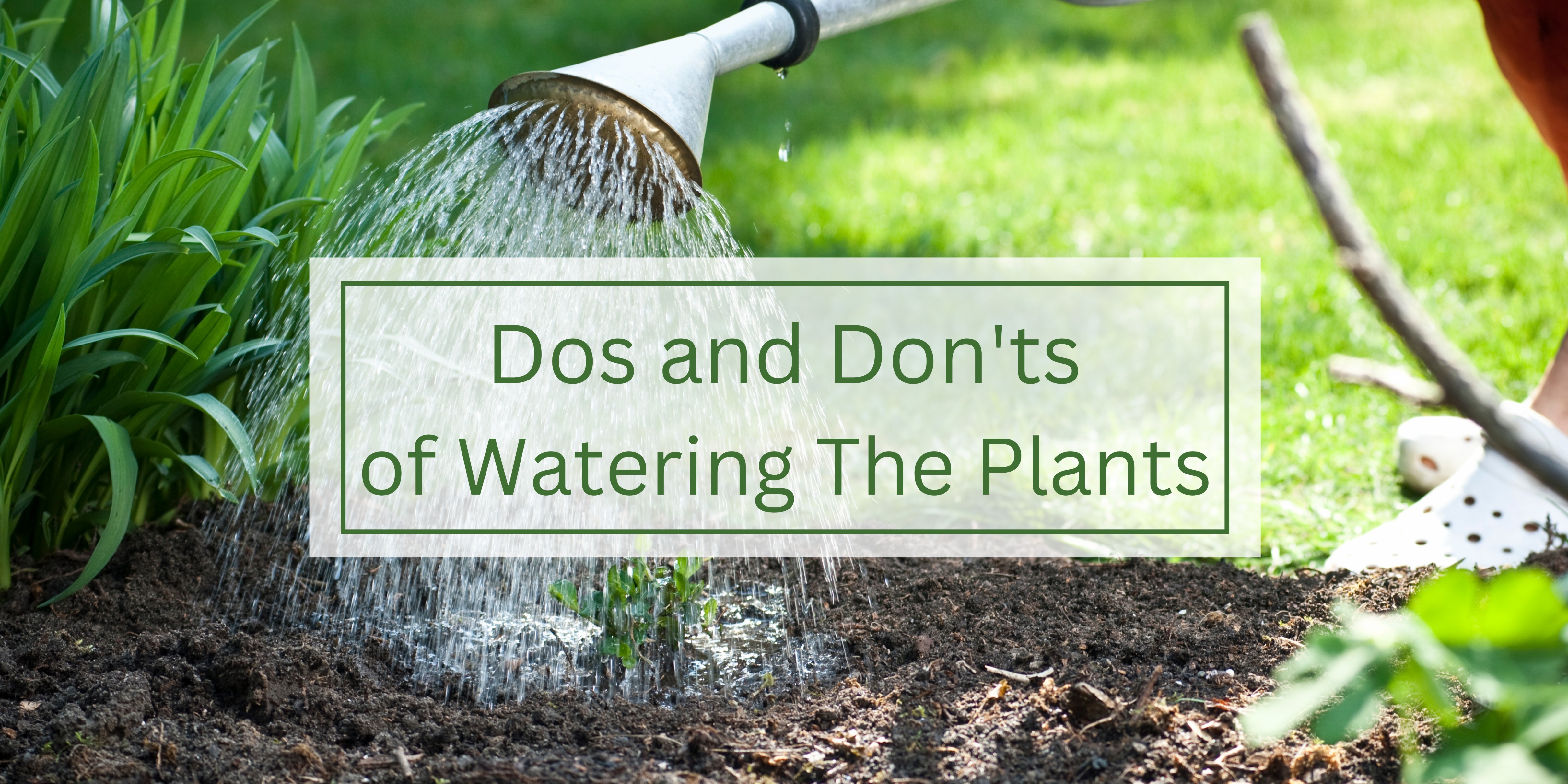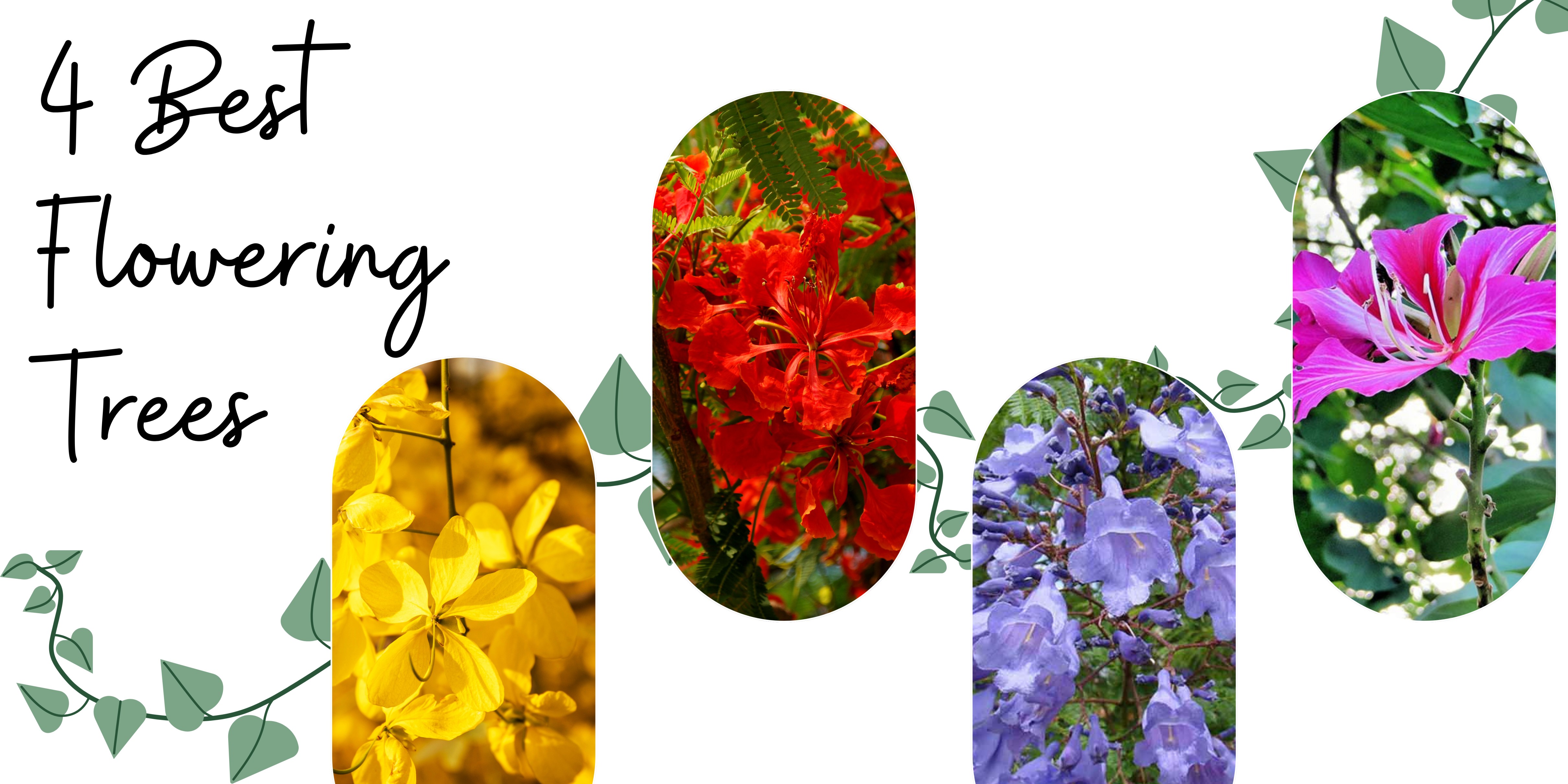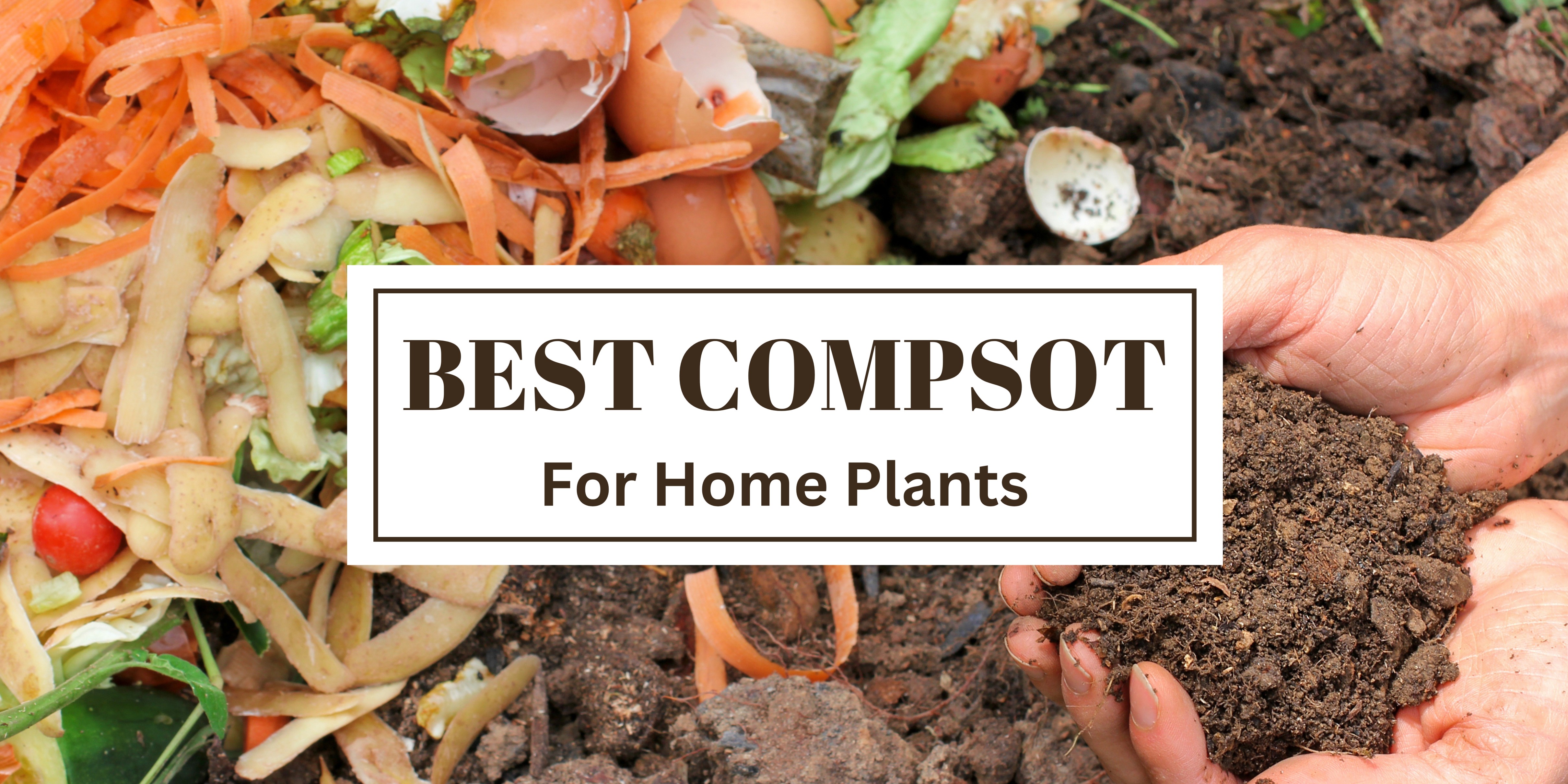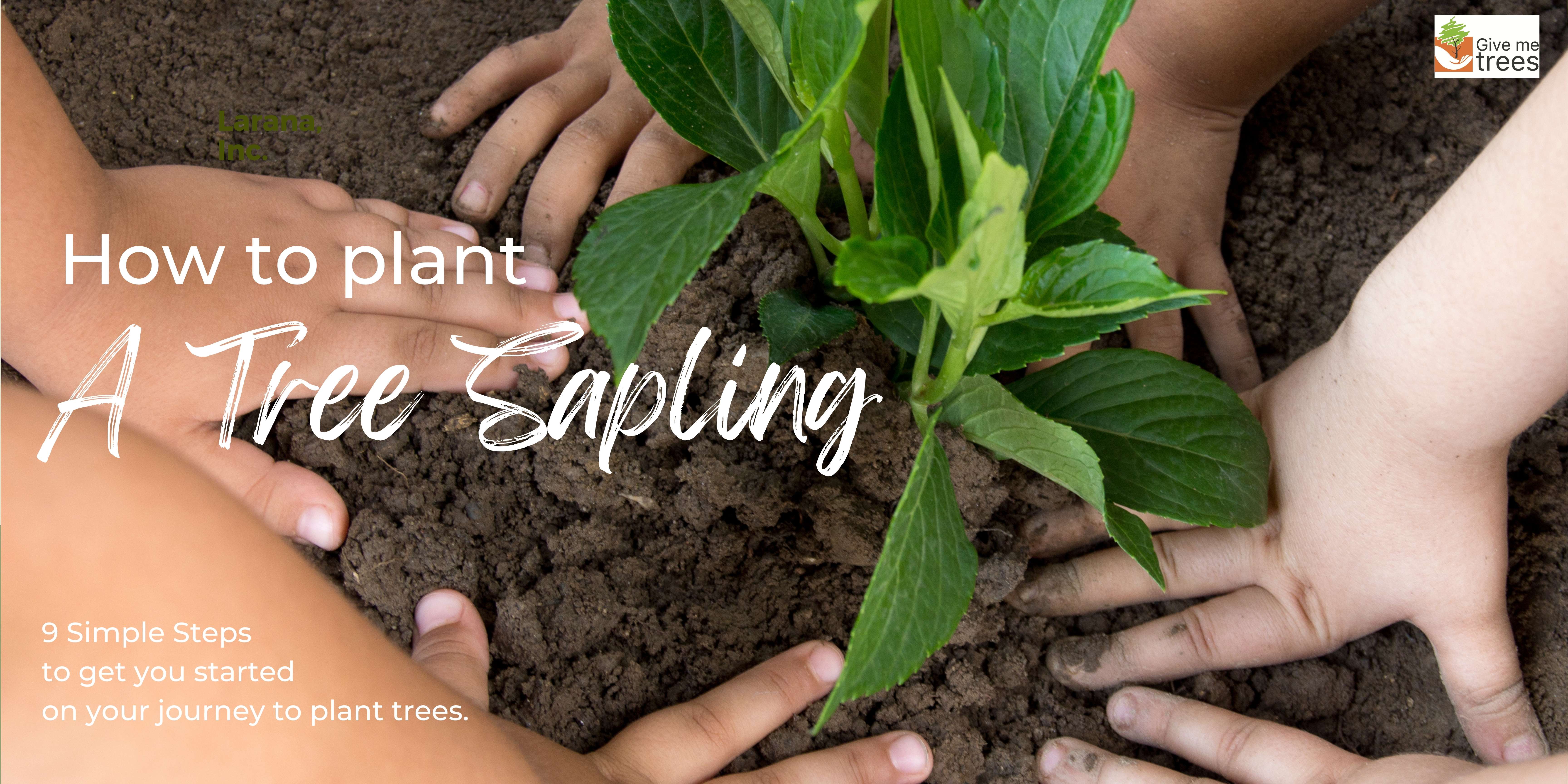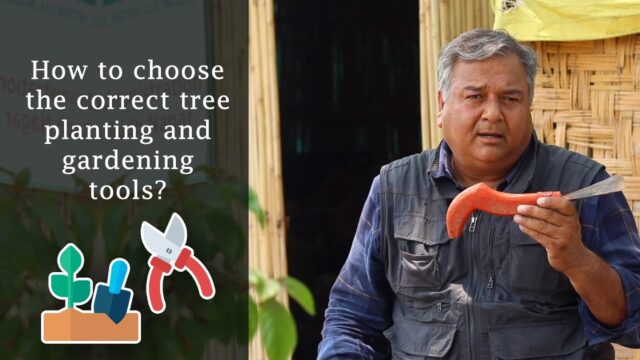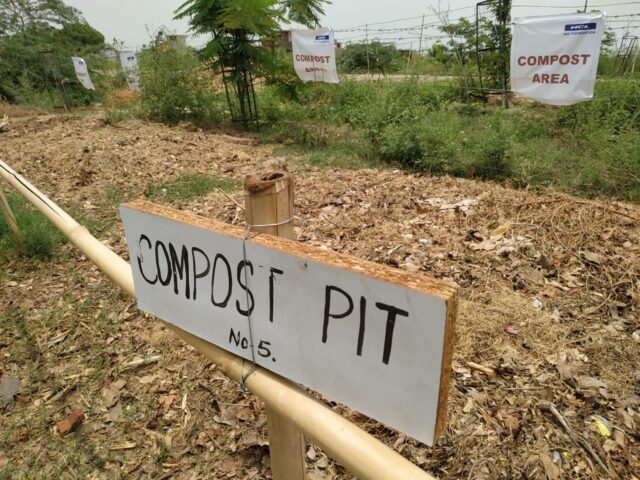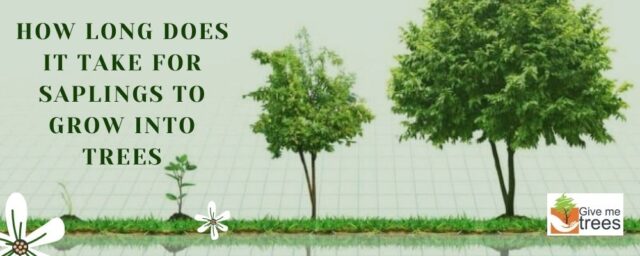
Garden therapy, also known as horticultural therapy, is a therapeutic practice that utilizes gardening and plant-related activities to improve the physical, mental, and emotional well-being of individuals. It harnesses the healing power of nature and gardening to promote relaxation, reduce stress, and enhance the overall quality of life. The concept of garden therapy has been recognized for centuries, with evidence of its use dating back to ancient civilizations.
The Healing Benefits of Garden Therapy
1. Stress Reduction: Engaging in gardening activities, such as planting, weeding, and watering, has been shown to reduce stress levels and promote relaxation. The act of connecting with nature and being present at the moment helps individuals find a sense of calm and tranquility.
2. Physical Exercise: Gardening is a physically active hobby that involves various movements, such as bending, stretching, and lifting. Regular gardening provides a low-impact workout that can improve flexibility, strength, and cardiovascular health.
3. Mental Stimulation: Planning and tending a garden stimulates the mind, promoting cognitive functions such as problem-solving, creativity, and memory recall. It also encourages individuals to learn about different plant species and gardening techniques.
4. Social Interaction: Garden therapy can be a group activity, fostering social connections and a sense of community. Working together in a garden setting allows individuals to share experiences, knowledge, and camaraderie.
5. Sense of Accomplishment: Watching plants grow and thrive due to one's efforts provides a profound sense of accomplishment and fulfillment. This boosts self-esteem and encourages a positive outlook on life.
6. Mindfulness and Meditation: Gardening encourages mindfulness, where individuals focus on the present moment and become attuned to their senses. It serves as a form of meditation, promoting mental clarity and emotional well-being.
7. Therapeutic Benefits for Various Conditions: Garden therapy has been found to benefit individuals with a wide range of conditions, including anxiety, depression, post-traumatic stress disorder (PTSD), and dementia. It is also utilized in rehabilitation centers to aid in physical recovery.
How Garden Therapy Works?
Garden therapy can take various forms, depending on individual needs and preferences. It can involve both indoor and outdoor gardening activities. Some common garden therapy practices include:
1. Container Gardening: Suitable for individuals with limited space or mobility, container gardening involves growing plants in pots and containers.
2. Sensory Gardens: These gardens are designed to engage all the senses, with plants selected for their textures, scents, colors, and flavors.
3. Therapeutic Landscapes: Designed for healing and relaxation, therapeutic landscapes incorporate elements like walking paths, sitting areas, and water features.
4. Gardening Workshops and Groups: Participating in gardening workshops or group sessions allows individuals to learn from each other and bond over their shared love for plants.
5. Gardening for Specific Conditions: Tailored garden therapy programs are designed to address the specific needs of individuals with certain health conditions or disabilities.
In conclusion, garden therapy is a powerful and holistic approach to enhancing physical, mental, and emotional well-being. Whether through therapeutic gardens, horticultural programs, or simply tending to a personal garden at home, the act of gardening offers a nurturing and healing experience for people of all ages and backgrounds.
Liked It? Pin It!
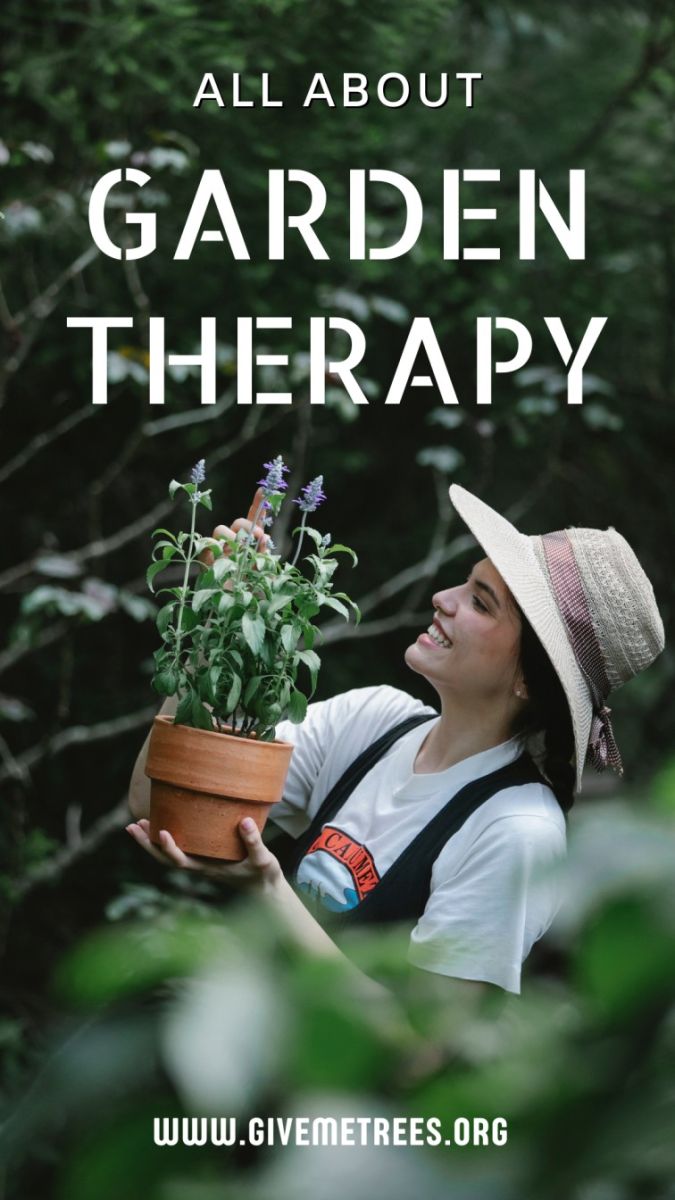
.png)

